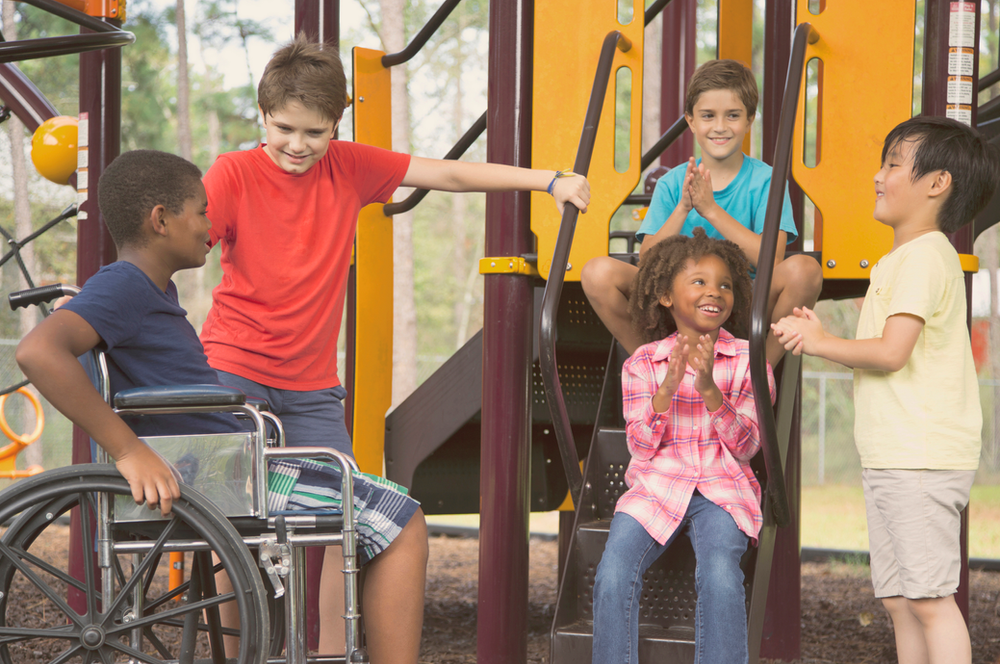
Elementary learners are old hat at school. They know the routines. They can remember events from year to year and they have the language to be able to describe complicated ideas more accurately than when they were younger. The early days of the year, then, are typically pretty straight-forward. If there are problems, the children identify them and they seek to resolve them sooner than later. So, while parents of children in the younger classes may still be dealing with transitional stresses at the beginning of the year, parents of Elementary children have a different experience.
After the first week or so of the new year, Elementary students are typically ready to hit their pace. There’s an anxiousness in the classroom… the children adopt the new routines fairly quickly and may have already absorbed new peers into the community as though they’ve been there for years. Meanwhile, teachers are gauging their academic readiness, bringing out new materials quickly and trying to build momentum for these learners.
But while learners at this age generally have the cognitive development to communicate their needs and their concerns with more ease, that doesn’t mean they have fewer of them. Indeed, the same capacity to think abstractly, remember and predict can mean that children spend a good deal of their time resolving what they’d hoped for or imagined with what happens when other people are involved. The social norms of the classroom become paramount, and you’re likely to hear far more at home about who is getting along with whom than you are about the academic work your child is choosing.
Make space for that. In these early days, children are establishing social norms in their classroom. Teachers will be involved and intentional about those norms, but the children still need time away from their peers to process what’s happening at school. As your child hits their pace in these first weeks of school, make sure to slow things down at home. They are expending most of their intellectual energy during the day at school… once they’re back at home, you might notice they are more tired or more cranky, hungrier or less patient than usual. Give them space for home to be a place they can breathe out, without lowering your expectations of their kindness or helpfulness around the house. If your child is unusually terse these days, assure them that you know they may be tired or out of sorts, and ask them what support they need to contribute to home life the way you’d like them to.
Then, be sure to make time for your Elementary children to talk without your own agenda. There’s a lot to make sense of as they learn about the preferences of new peers and they take on new authority in the classroom. Give them space with open-ended questions to talk (and they’re likely to want to talk a lot!) Put away your devices, make eye contact and ask them to tell you about how things are going at school. If they raise questions or concerns they have, ask them how they would like to try to resolve them, and ask them if they think they need any support from you or from their teacher to do so.
Remember that social “crises” in Elementary may be important to the children, but short-lived. Instead of reacting to a day’s story about a difficult encounter, turn the conversation back to your child’s ability to seek resolution. Even then, you might first start with your child, asking, “I notice that you seem to talk a lot about conflicts on the playground with ______. Is this something that’s developing into a pattern that you need support to undo, or do you think you two are just moving through a tricky patch?” Children this age need to talk about their social worlds, but they also need to be in charge of them. Look for patterns over many days before you raise an issue with your child’s teacher and, if you decide something should be raised with other adults at school, approach those conversations first as an opportunity to verify what you’ve heard rather than a demand for action. Your child’s teacher may have different information about an ongoing issue between the children.
Finally, remember that, in these early days of the school year, you are setting a precedent yourself for how your family will talk about their day one they’re home. If you want your children to be engaged, be sure you are, too. If you want them to make eye contact and develop the skills of attentive listeners, be sure you’re demonstrating that for them. The routines you develop now can last throughout the school year… make sure you’re investing in the ones you want to last.
#Elementary #Transitions #ForParents
